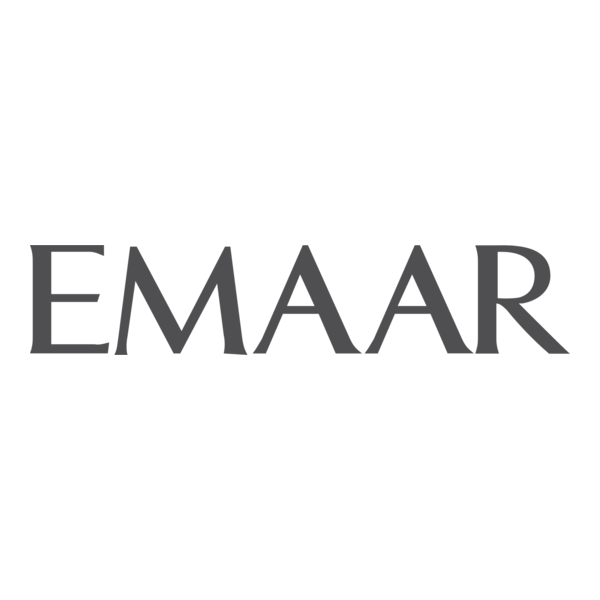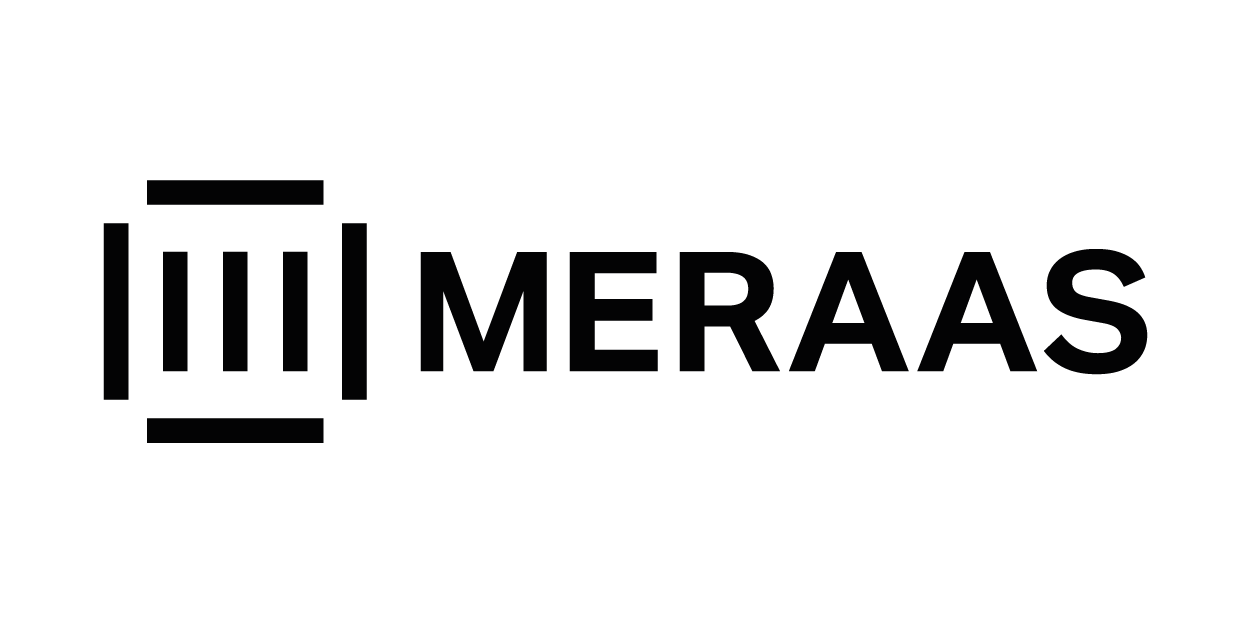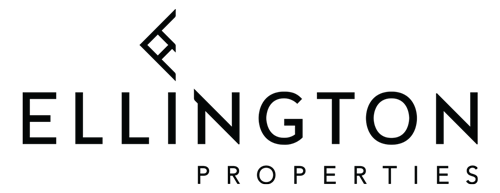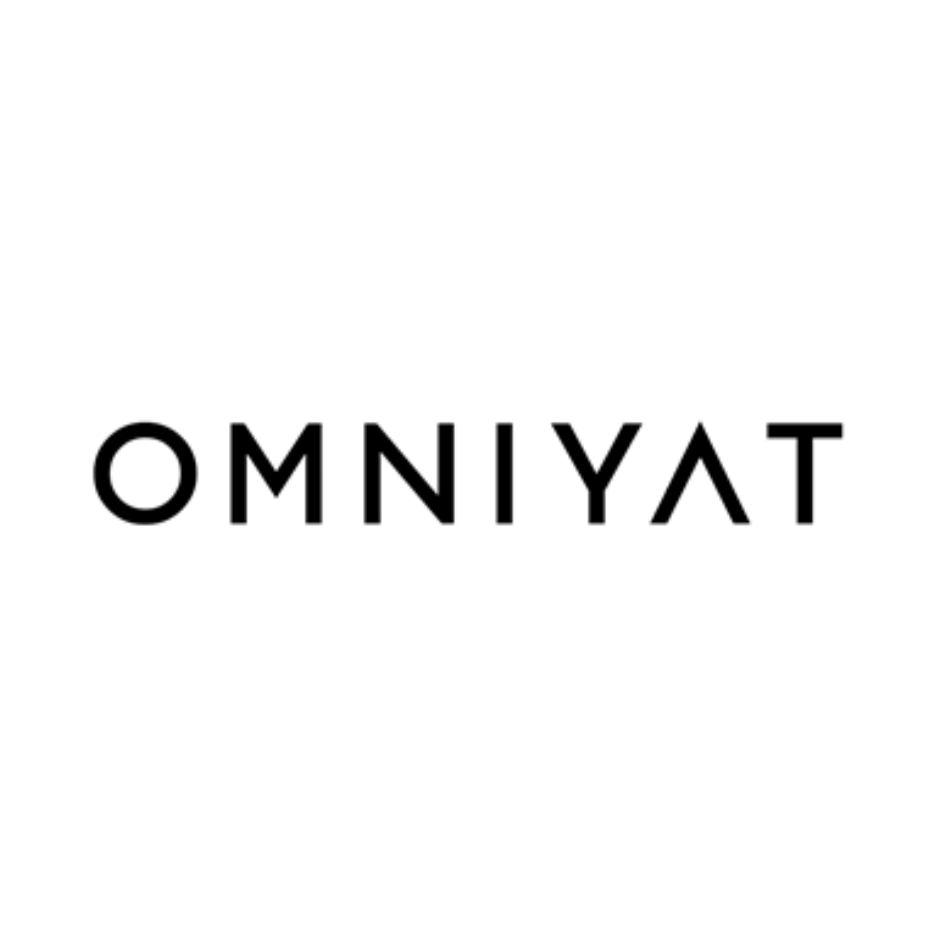Dubai Property Purchase: Cash vs. Mortgage (2025 Guide)
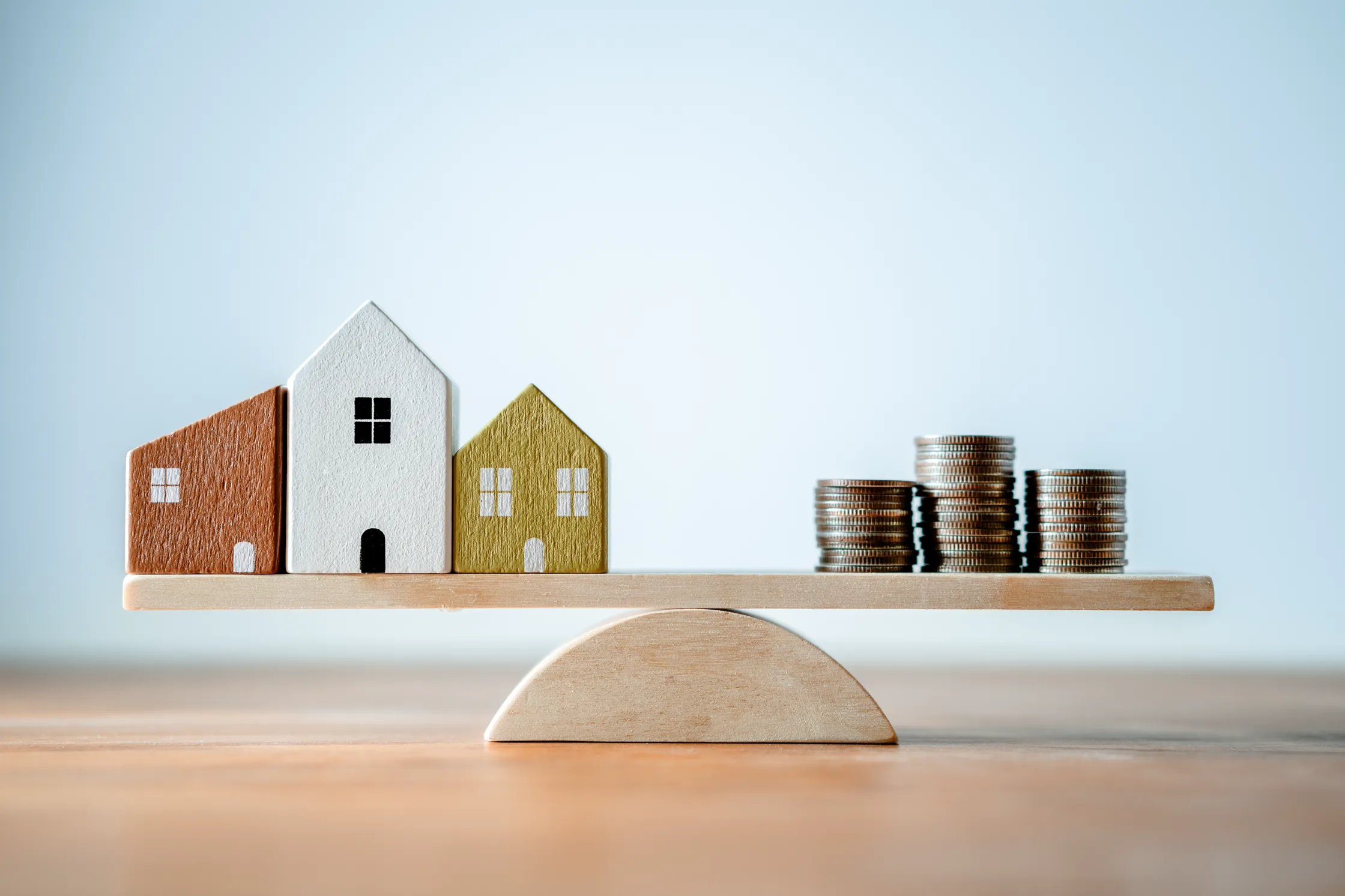
Deciding on a Dubai property purchase is a significant step, and the method of financing is as crucial as the choice of home itself. The two primary paths are an all-cash purchase or financing through a mortgage, each presenting distinct advantages and disadvantages. The optimal choice depends entirely on your financial situation, risk tolerance, and long-term Dubai property investment goals, with cash offering speed and negotiating power, while a mortgage provides financial leverage.
Understanding the implications of each option is key to making a well-informed decision in Dubai's dynamic property market. This 2025 guide compares both approaches to help you determine which strategy best aligns with your objectives for Dubai property ownership.
What Are the Advantages of a Cash Purchase?
Paying for a property entirely with cash places you in a powerful position, offering benefits beyond just avoiding debt. Sellers in Dubai often prefer cash buyers because it removes uncertainty and significantly speeds up the transaction process.
A cash deal eliminates the risk of a buyer's financing falling through, providing the seller with a guaranteed sale. This preference grants cash buyers substantial negotiating power, often allowing them to secure a better price. The process is also considerably faster; a cash transaction can be completed in as little as 7 to 14 days, compared to the 30 to 60 days typically required for a mortgage-backed purchase. This makes it an attractive option for those seeking a quick Dubai investment property.
The most significant financial benefits of a cash purchase include:
- No Interest Payments: You save a substantial amount over the long term by avoiding mortgage interest.
- Fewer Fees: You avoid bank-related charges like loan establishment fees, valuation fees, and mortgage registration fees.
- Complete Ownership: The property is entirely yours from day one, providing peace of mind and eliminating the risk of foreclosure.
- Investment Flexibility: Without a lender's restrictions, you have total freedom to resell, lease, or renovate your property as you see fit, enhancing its potential as a Dubai investment property.
What Are the Potential Drawbacks of Paying Cash?
Despite its clear advantages, buying a property with cash is not without its downsides. The most notable drawback is the impact on your financial liquidity. Committing a large sum of capital to a single asset ties up funds that could be used for other investments or emergencies.
This lack of diversification is a key consideration for Dubai property investors. The money used for the property could potentially generate higher returns if invested in other assets, such as the stock market. This "opportunity cost" is a critical factor for investors looking to maximize their overall returns. Furthermore, while owning a property outright is secure, it means you cannot benefit from financial leverage—the ability to control a high-value asset with a smaller initial investment, a common strategy in Dubai property investment.
Why a Mortgage is the More Common Path for Dubai Property Financing
For the majority of buyers, a mortgage is the most practical way to enter the property market and achieve Dubai property ownership. It allows you to purchase a home without needing the full property value in savings, making ownership accessible to a much wider audience, including expatriates.
The primary advantage of a mortgage is leverage. By using a loan, you can control a valuable asset while keeping a significant portion of your cash free for other purposes, such as investments, business ventures, or maintaining a healthy emergency fund. This strategy allows you to benefit from potential property value appreciation while gradually paying down the loan. As property prices and rents rise over time, mortgage holders can see significant growth in their net worth, turning their monthly payments into equity.
What to Know Before Applying for a Mortgage for Your Dubai Property Purchase
The Dubai property financing process in Dubai is well-regulated and comes with specific requirements that potential buyers must meet. Understanding these upfront can ensure a smoother application process, especially for Dubai property investors looking at current market conditions.
As of mid-2025, the average price per square foot for properties in Dubai ranges between AED 1,100 to AED 1,400, depending on location and property type. This market insight is crucial when evaluating loan amounts.
Key requirements and costs for your 2025 Dubai Property Purchase
According to UAE Central Bank regulations, expatriates must provide a minimum down payment when securing a mortgage for a Dubai property purchase. This is a crucial first step and cannot be financed with a personal loan.
- Minimum Down Payment: For a first property valued under AED 5 million, a 20% down payment is required for expatriates. For properties valued over AED 5 million, the minimum is 30%. These figures are stable for 2025.
- Upfront Costs: In addition to the down payment, buyers should budget for approximately 6-7% of the property's value to cover associated fees. These typically include:
- 4% Dubai Land Department (DLD) transfer fee
- 2% real estate agent fee
- 0.25% mortgage registration fee
- Property valuation and loan establishment fees
- Eligibility: Lenders will assess your income stability, existing debts, and residency status to determine your eligibility for a loan, ensuring responsible Dubai property financing.
It is important to note that schemes advertising "zero down payment" are extremely rare and typically serve as a marketing tool for less desirable projects or unproven developers. Reputable developers almost always require an initial payment of 10-20% for any Dubai property purchase.
Cash vs. Mortgage: Which Strategy Fits Your Dubai Property Investment Goals?
Ultimately, the best Dubai property financing path is the one that aligns with your personal circumstances and investment strategy. Neither option is universally superior; a decision is a trade-off between liquidity, risk, speed, and cost, all vital considerations for Dubai property investors.
A cash purchase is generally better if:
- You have substantial liquid savings and prefer to own a debt-free asset for your Dubai property ownership.
- You want to maximize your negotiating power and close a deal quickly.
- You are an investor planning a short-term flip of a Dubai investment property and want to avoid bank fees and restrictions.
A mortgage is likely the better choice if:
- You want to enter the property market without depleting all your savings, enabling broader Dubai property ownership.
- You are confident in your long-term income and can comfortably manage monthly payments.
- You want to use leverage to potentially build a larger property portfolio and keep cash available for other Dubai property investment avenues.
Get Your Free Dubai Investment Guide
What's Inside:
- ✓8+1 reasons international investors buy in Dubai
- ✓Market overview – the numbers you must know before investing
- ✓Off-plan vs Ready – what are the advantages?
- ✓Top 6 emerging locations for off-plan investment
- ✓Golden Visa – frequently asked questions answered
Your information is private. We never spam.
